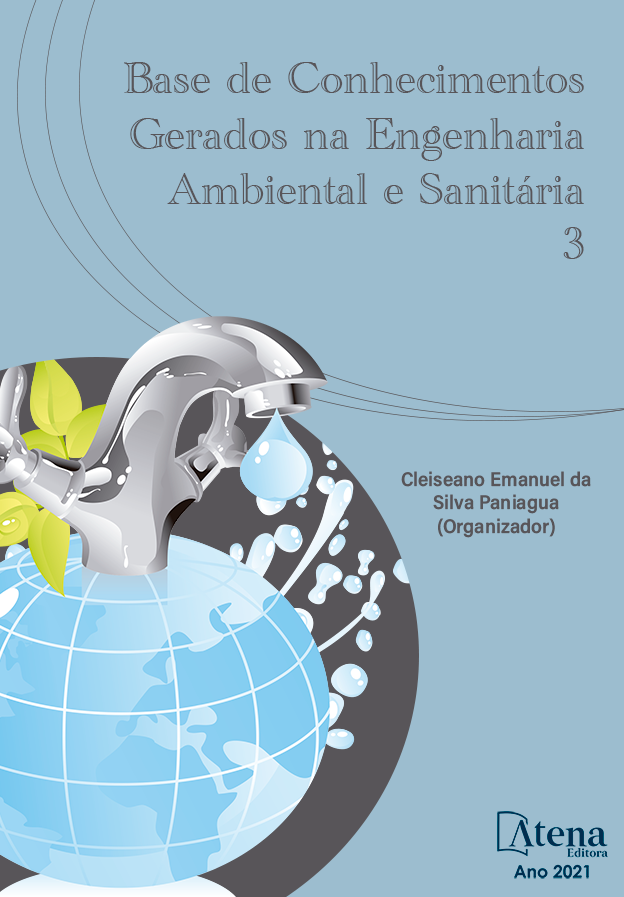
COMPARAÇÃO DO GERENCIAMENTO DE RESÍDUOS SÓLIDOS DE DUAS OBRAS EM BELÉM, PARÁ, BRASIL
Os Resíduos Sólidos de Construção Civil (RCC) são gerados durante o processo construtivo de edificações e outras estruturas, as quais, em grande volume, podem gerar impactos sociais, econômicos e ambientais. Esses resíduos necessitam, portanto, de uma gestão adequada, que administre seus transportes, armazenamentos, separações, usos, reusos, descartes e destinações finais. Este estudo teve como objetivo analisar e comparar o gerenciamento de RCC em duas obras localizadas na cidade de Belém/PA, tendo o reaproveitamento e a reciclagem de materiais como elementos substanciais de análise, expondo as extremidades positivas e negativas da gestão de RCC nas obras. De forma geral, verificou-se que a negligência do gerenciamento dos RCC é relativa, sendo que ações para mitigar os impactos ambientais variam de empresa para empresa, de engenheiro para engenheiro. A Obra 1 demonstrou uma gestão de RCC significativamente mais efetiva do ponto de vista ambiental, com processos de reaproveitamento dos resíduos gerados, enquanto que a Obra 2 demonstrou uma gestão insuficiente dos RCC. Logo, notou-se que as extremidades do gerenciamento de resíduos sólidos na construção civil variam conforme a respectiva administração profissional.
COMPARAÇÃO DO GERENCIAMENTO DE RESÍDUOS SÓLIDOS DE DUAS OBRAS EM BELÉM, PARÁ, BRASIL
-
DOI: 10.22533/at.ed.7452108041
-
Palavras-chave: Comparação; Gerenciamento; Resíduos Sólidos; Construção Civil.
-
Keywords: Comparation; Management; Solid Waste; Construction.
-
Abstract:
The Civil Construction Solid Waste (CCSW) is generated during the construction process of buildings and other structures, which, on a large scale, can bring forth social, economic and environmental impacts, therefore requiring adequate management, to run their transport, storage, separation, use, reuse, disposal and final destination. Contextually, this article aimed to analyze and compare the management of CCSW in two constructions, located in the city of Belém, PA, the reuse and recycling of materials being substantial elements of analysis for the execution of the study in question, exposing the positive and negative ends of the CCSW management in the contructions. In general, it was found that the negligence of the CCSW management is relative, whose actions to mitigate environmental impacts, ethically, vary from company to company, from engineer to engineer. Work 1 demonstrated a CCSW management significantly and environmentally more effective, with processes of reusing the waste generated, while Work 2 demonstrated an insufficient management of the CCSW. Therefore, it was noticed that the ends of solid waste management in civil construction vary according to the respective professional administration.
-
Número de páginas: 12
- Bruno Mitsuo Hiura
- Douglas Matheus das Neves Santos
- Paulo Roberto Estumano Beltrão Júnior
- Danúbia Leão de Freitas
- Yan Torres dos Santos Pereira
- Hugo Augusto Silva de Paula
- William de Brito Pantoja
- Juliane da Silva Carvalho
- Yuri Antônio da Silva Rocha


